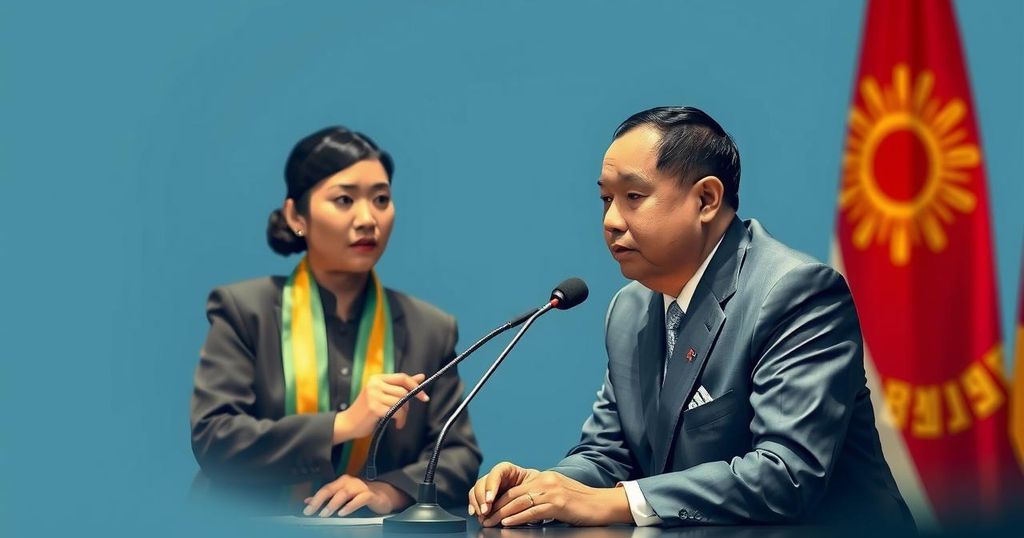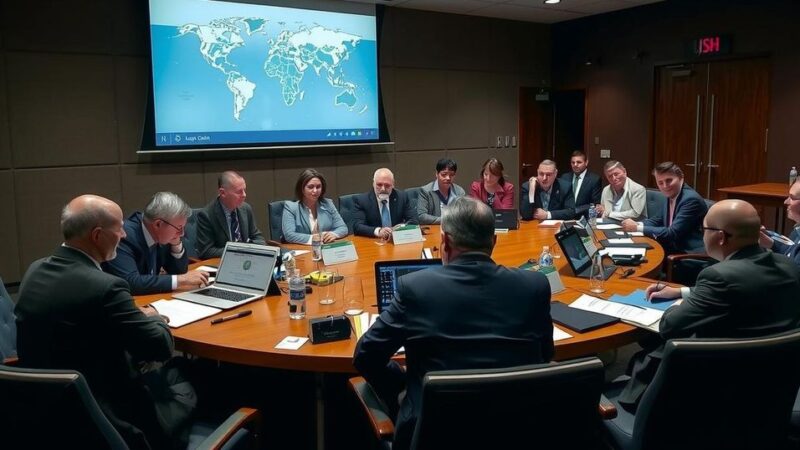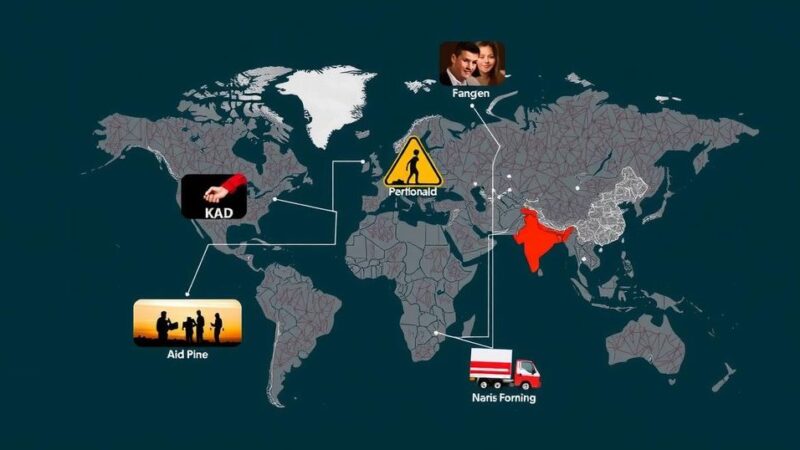Indonesia has been granted partnership status with BRICS, allowing increased collaboration with an influential economic bloc that seeks to challenge Western hegemony. This update follows Foreign Minister Retno Marsudi’s inaugural overseas trip and the recent summit in Kazan, Russia, where BRICS leaders emphasized developing a multipolar world order and reducing reliance on the U.S. dollar. The partnership does not grant full voting rights or participation privileges yet opens discussions for potential future membership.
Indonesia has officially been recognized as one of 13 new BRICS partner countries, enhancing its position within a global economic framework that is increasingly looking to counter Western dominance. This announcement coincided with the first international journey of Foreign Minister Retno Marsudi, following her recent appointment. During the summit held in Kazan, Russia, leaders from the original BRICS nations—Brazil, Russia, India, China, and South Africa—met with numerous foreign diplomats to deliberate on creating a multipolar global order, prompted by growing discontent with Western-led systems. The discussions, led by Russian President Vladimir Putin amidst ongoing tensions with the West, focused on means to diminish reliance on the US dollar, broadening the alliance, and establishing a more representative global structure. Although Indonesia’s partnership status opens avenues for cooperation, Russian officials clarified that this does not equate to full membership, as partner nations will not possess voting rights or full participation privileges in BRICS assemblies.
The BRICS grouping, composed of Brazil, Russia, India, China, and South Africa, has gained attention as an alternative to the traditional Western-led global economic structures. The inclusion of new partner countries, including Indonesia, Malaysia, and Turkey, signifies a strategic effort to bolster these nations’ roles in global economic discussions. The current geopolitical climate, particularly marked by Russia’s conflict with Ukraine and its implications for global politics, has prompted BRICS leaders to pursue strategies that promote economic independence and solidarity among non-Western nations. This development signals a growing interest among many countries in engaging with BRICS as a counterbalance to Western influence in international affairs.
In conclusion, Indonesia’s recent designation as a BRICS partner country represents a significant advance in its international relations and economic strategy. The discussions held during the Kazan summit emphasized the BRICS group’s intention to cultivate a multipolar world order, while also highlighting the challenges faced by nations desiring full membership. As Jakarta navigates this new partnership, it may seek to strengthen its influence within the BRICS framework and explore opportunities for collaboration with both established and prospective partner countries.
Original Source: www.thejakartapost.com






